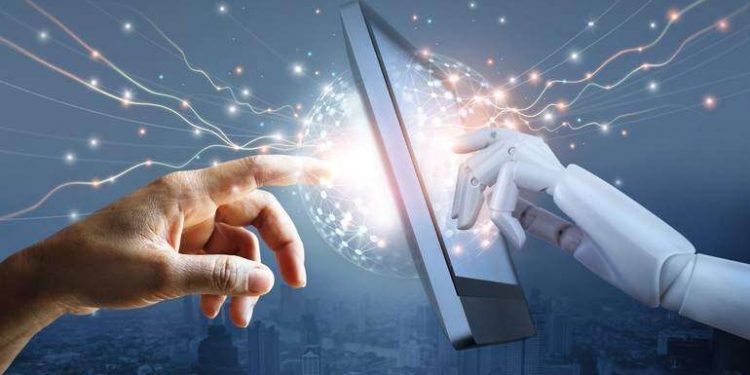What will artificial intelligence be like in 20 years? Kai-Fu Lee, who once led Google’s operations in China and is now a leading technology investor, says these innovations will revolutionize medicine,financial sector, education, and even the world of the electric cars.
This expert has just published the book AI 2041 in the US, three years after its previous launch, AI Superpowers . In this reading, Lee addresses what the potential impact of different technologies will be like over the next few decades . In addition, to explain it, he has the help of a renowned science fiction writer, Chen “Stan” Qiufan. Thus, between the two they create a narrative of the future of artificial intelligence.
What will artificial intelligence be like in 2041?
According to Lee’s predictions, this technology will allow precision medicine , to such an extent that doctors will dedicate themselves to validating the diagnoses that will be carried out by software. However, this will not devalue the work of the doctors. On the contrary, it will allow these professionals enough time to provide the timely care that patients deserve.
The financial sector will also change , affecting equity and commodity-based market operations. However, humans will remain essential in negotiating riskier deals, such as those involving venture capital or real estate.
For its part, the education sector will change dramatically, as students will receive tailor-made instruction led by artificial intelligence . Thus, teachers will only have to worry about providing students with the necessary skills and critical thinking.
Now Robots will allow mundane household chores, in addition to cleaning and other chores, to cease to be a human problem. Furthermore, electric vehicles will become increasingly common in cities .
On the contrary, Lee also finds problems in these advances. This technology could facilitate the spread of fake news . In addition, governments could use it as a population control system.
However, most of the aspects reported by the computer scientist in his book would be positive, making people’s lives easier, drastically reducing the cost of living, as well as the cost of production, and improving the health of citizens. Actually, it would be a question of sacrificing a part of the autonomy of the human being in favor of great benefits.










